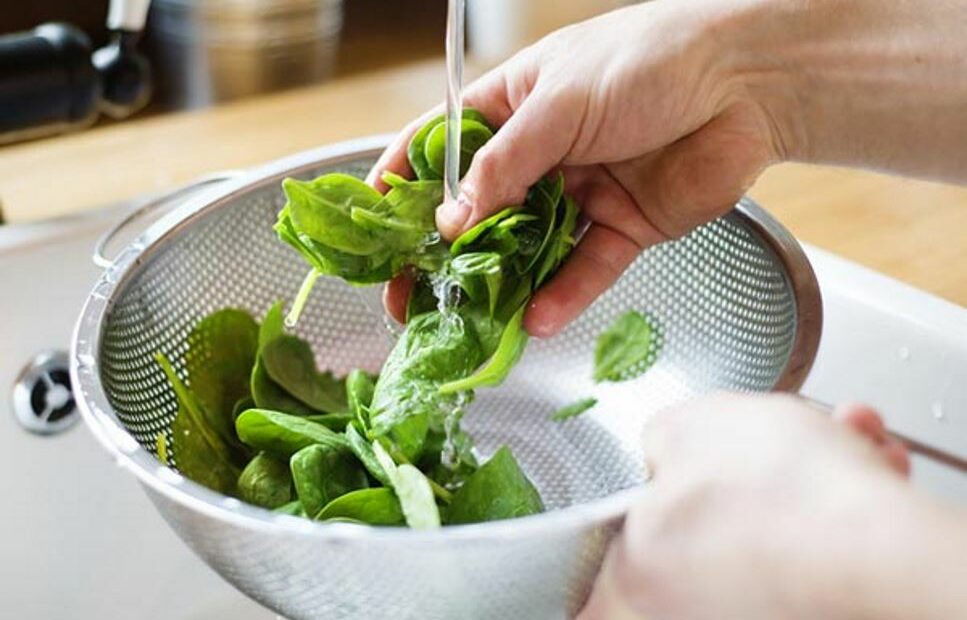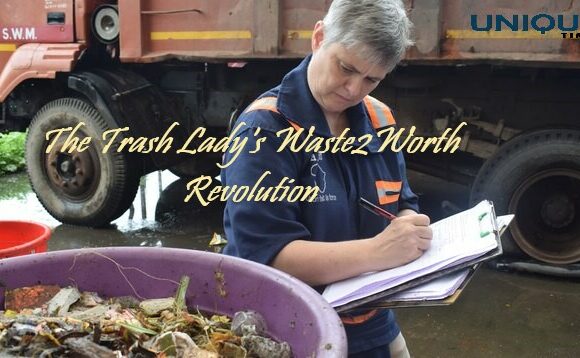7 Eatables That Can Cause Food Poisoning if Not Washed Properly

Food safety is paramount when it comes to protecting ourselves and our loved ones from foodborne illnesses. While washing fruits, vegetables, and other food items before consumption may seem like common sense, certain eatables require extra attention to prevent contamination and food poisoning. Here are seven types of food that can cause food poisoning if not washed properly:
1. Leafy Greens: Leafy greens such as lettuce, spinach, and kale can harbor harmful bacteria like E. coli and Salmonella, especially if they are grown in soil contaminated with fecal matter. Thoroughly wash leafy greens under running water and dry them with a clean cloth or salad spinner before consumption.
2. Berries: Berries like strawberries, raspberries, and blueberries may harbor bacteria, parasites, or pesticide residues on their surface. Rinse berries under cold, running water just before eating and gently pat them dry to remove any contaminants.
3. Root Vegetables: Root vegetables like potatoes, carrots, and radishes can accumulate dirt, bacteria, and pesticide residues on their skin. Scrub root vegetables thoroughly under running water with a vegetable brush to remove any soil or contaminants before cooking or eating.
4. Herbs and Spices: Fresh herbs and spices, such as cilantro, parsley, and mint, can harbor dirt, insects, and bacteria if not properly washed. Rinse herbs and spices under cold, running water and gently shake off excess moisture before using them in cooking or garnishing dishes.
5. Shellfish: Shellfish like clams, mussels, and oysters can contain harmful bacteria and toxins if harvested from contaminated waters. Before cooking, soak shellfish in cold, salted water for a few hours to purge sand and debris, and discard any shellfish with cracked or open shells.
6. Sprouts: Sprouts, including alfalfa, bean, and broccoli sprouts, are prone to bacterial contamination during the germination process. Rinse sprouts thoroughly under running water and consider blanching or cooking them before consumption to reduce the risk of foodborne illness.
7. Melons: Melons like cantaloupe and watermelon can harbor bacteria like Salmonella and Listeria on their rind, which can transfer to the flesh when sliced. Wash melons under running water and scrub the surface with a clean brush before cutting to remove any dirt or contaminants.
Conclusion: By taking the time to properly wash and prepare these eatables before consumption, you can significantly reduce the risk of foodborne illness and ensure the safety of your meals. Incorporate good hygiene practices into your food preparation routine, including washing hands, utensils, and surfaces, to further minimize the risk of contamination. Remember, when it comes to food safety, thorough washing is your first line of defense against food poisoning.
Picture Courtesy: Google/images are subject to copyright








